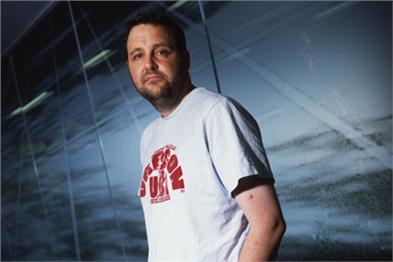It's half tongue in cheek and half the cleverest and most useful bit of media analysis you'll read in a long, long time.
Paul Ford, who wrote it, says that he thinks about media in terms of the questions they answer. For instance, cinema answers the question "I'm bored, and I want to get out of the house and have an experience, possibly involving elves or bombs. Where do I go?"; TV answers the question "How do I distract myself without leaving the house?"; and radio answers the question "I'm driving, or making dinner. How do I make a mundane thing like that more interesting?"
The big mistake we all made about the web, as Mr Ford points out, is that it appeared to emulate every medium, we thought it was the answer to all those questions. But, now we've lived with it a bit, and seen what it can really do, he suggests that the question it answers better than any other medium is: "Why wasn't I consulted?"
As he says: "'Why wasn't I consulted?', which I abbreviate as WWIC, is the fundamental question of the web. It is the rule from which other rules are derived. Humans have a fundamental need to be consulted, engaged, to exercise their knowledge (and thus power), and no other medium that came before has been able to tap into that as effectively."
He points out all the sites that have succeeded by letting people consult, offer their views, share their opinion - from Wikipedia to Amazon to Quora to eBay. YouTube, for instance, lets people consult by uploading videos, then by commenting on the videos others have uploaded, then by thumbing up or down their comments - three levels of WWIC.
Once you've read Mr Ford's piece, it's hard to see the web any other way. And then you remember moments like the outcry over the Gap and Starbucks logos. All those people crying out, basically: why wasn't I consulted? Which, right there, shows you the deep, ironic sadness of modern marketing.
Because I bet most companies that make these kind of changes consult massively widely, they ask thousands of people. It's just that, on the web, you can never ask enough. Sure, there's more businesses can do to consult, and to look like they're doing it. But we must recognise there's always someone else who wants to be asked.
So perhaps we're better off consulting no-one and getting comfortable with it, like Apple. Or finding a way to consult the world. Which would be tricky.


